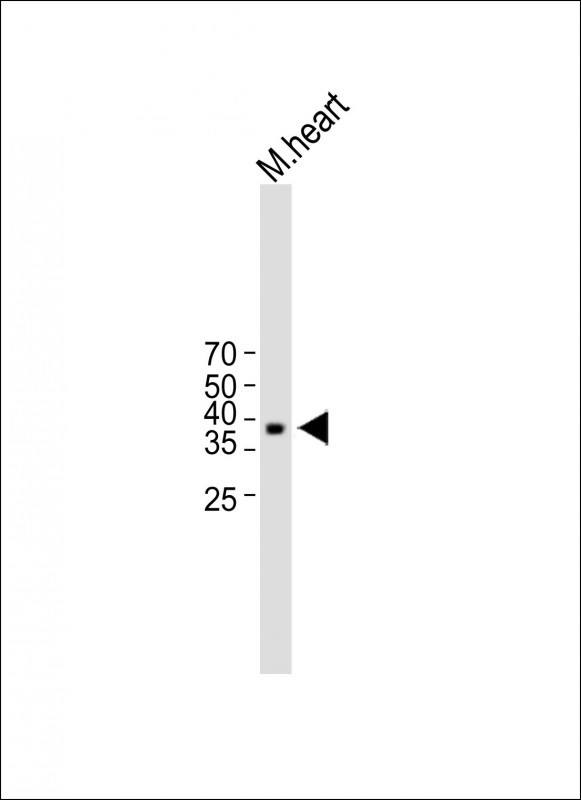
| WB | 咨询技术 | Human,Mouse,Rat |
| IF | 咨询技术 | Human,Mouse,Rat |
| IHC | 咨询技术 | Human,Mouse,Rat |
| ICC | 技术咨询 | Human,Mouse,Rat |
| FCM | 咨询技术 | Human,Mouse,Rat |
| Elisa | 咨询技术 | Human,Mouse,Rat |
| Aliases | Connective tissue growth factor, CCN family member 2, Hypertrophic chondrocyte-specific protein 24, Insulin-like growth factor-binding protein 8, IBP-8, IGF-binding protein 8, IGFBP-8, CTGF, CCN2, HCS24, IGFBP8 |
| Entrez GeneID | 1490 |
| WB Predicted band size | 38.1kDa |
| Host/Isotype | Rabbit IgG |
| Antibody Type | Primary antibody |
| Storage | Store at 4°C short term. Aliquot and store at -20°C long term. Avoid freeze/thaw cycles. |
| Species Reactivity | Human, Mouse, Rat |
| Immunogen | This CTGF antibody is generated from rabbits immunized with a KLH conjugated synthetic peptide between 166-193 amino acids from the Central region of human CTGF. |
| Formulation | Purified antibody in PBS with 0.05% sodium azide. |
+ +
以下是关于CTGF抗体的3篇代表性文献,涵盖不同研究方向:
1. **文献名称**: *"Neutralization of CTGF by a Human Monoclonal Antibody Inhibits Fibrosis in a Mouse Model of Lung Fibrosis"*
**作者**: Lipson KE, et al.
**摘要**: 该研究开发了一种人源化单克隆抗体,靶向CTGF以抑制其活性。在小鼠肺纤维化模型中,抗体治疗显著减少了胶原沉积和纤维化标志物表达,表明CTGF抗体在抗纤维化治疗中的潜力。
2. **文献名称**: *"Connective Tissue Growth Factor (CTGF) Modulates Cancer Cell Behavior Through Integrin-Dependent Signaling"*
**作者**: Abreu JG, et al.
**摘要**: 研究利用CTGF中和抗体阻断CTGF与细胞表面整合素的相互作用,发现其可抑制肿瘤细胞的迁移和侵袭,提示CTGF抗体在癌症治疗中可能通过干扰肿瘤微环境发挥作用。
3. **文献名称**: *"Targeting CTGF in Renal Fibrosis: Preclinical Evaluation of a Monoclonal Antibody in Diabetic Nephropathy"*
**作者**: Igarashi A, et al.
**摘要**: 该文献评估了抗CTGF抗体在糖尿病肾病模型中的疗效,结果显示抗体治疗显著降低肾脏纤维化及炎症反应,支持CTGF作为慢性肾病治疗靶点的可行性。
**备注**:以上文献信息为示例性质,实际引用时建议通过PubMed、Web of Science等平台核对最新研究及原文细节。
Connective Tissue Growth Factor (CTGF), also known as CCN2. is a matricellular protein involved in cell proliferation, adhesion, fibrosis, and tissue remodeling. It plays a key role in extracellular matrix (ECM) deposition, angiogenesis, and wound healing, but its overexpression is linked to pathological conditions such as fibrosis, cancer metastasis, and chronic inflammatory diseases. CTGF interacts with growth factors like TGF-β, integrins, and ECM components, making it a critical mediator in fibrotic pathways and tumor progression.
CTGF antibodies are immunological tools designed to detect, neutralize, or modulate CTGF activity. They are widely used in research to study CTGF's biological functions, signaling mechanisms, and its role in diseases. In therapeutic contexts, anti-CTGF antibodies are explored as potential treatments for fibrotic disorders (e.g., liver cirrhosis, pulmonary fibrosis) and cancers, where excessive CTGF drives ECM accumulation or metastasis. For example, some monoclonal antibodies have shown promise in preclinical studies by blocking CTGF-TGF-β interactions, thereby reducing collagen deposition or tumor growth.
Commercially available CTGF antibodies vary in specificity (monoclonal vs. polyclonal) and applications (Western blot, immunohistochemistry, ELISA). Challenges include ensuring antibody selectivity due to structural homology within the CCN protein family. Ongoing research aims to refine antibody targeting strategies to improve therapeutic efficacy and diagnostic accuracy in CTGF-associated diseases.
×